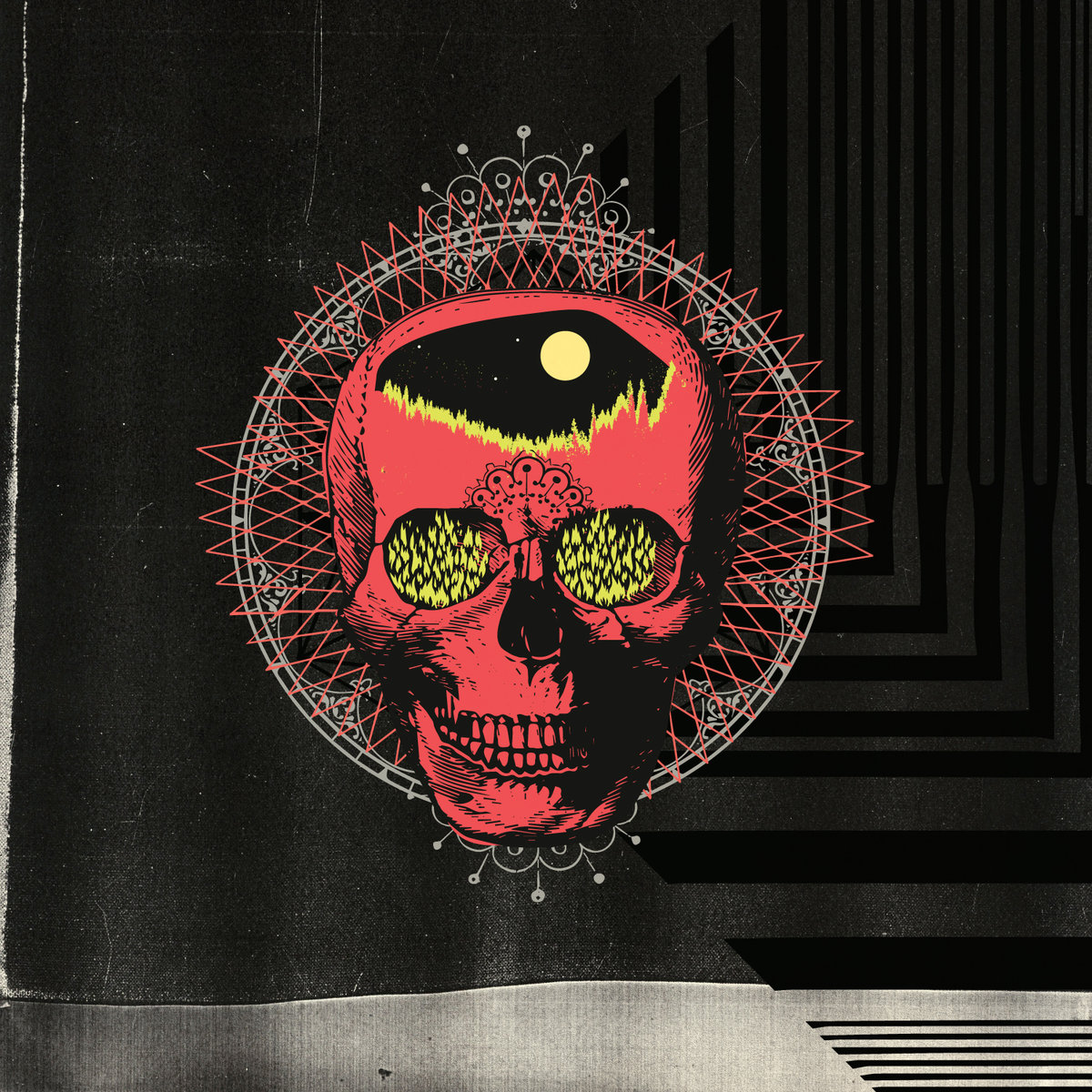The cover of The Lives of Perfect Creatures and its first jagged bars are quite deceptive. We meet animal eyes in the goofy, almost meme-like image of two grinning dogs. We hear sounds which recall the buoyancy of Public Service Broadcasting's The Race for Space.
But this is no chest-thumping celebration of mankind's stretches into outer space. Nor is it arch or cutesy, Lassie in album form. This EP's sole aim is to condemn our exploitation of test animals like Chernushka, Laika and Gordo. How, in our single-mindedness, we sent innocent beings to their death.
Wisely, the album refuses to put words in these animals' mouths, instead asking them questions. We don't get, 'you had no idea what you were getting in to'. We get 'did you ever comprehend?' A small but important distinction. To appreciate a dog's mind as unreachable is to display it respect. That's not to say astroskeleton shirks the issue at hand. He asks if dogs yelped as they burned in re-entry. Pain, after all, is a universal instinct.
Plenty of screaming guitar work ensures enough high-frequency action to interest curious pets. And in 'connect the dots', it's like the music itself is mimicking a howl. These flourishes dispel fears the album relies too heavily on lyricism over musicality.
A concise, conceptual blast of post-punk which soars as high as its subjects.
Listeners seeking bold new horizons should explore The Flaming Lips’ Yoshimi Battles the Pink Robots. The Lives of Perfect Creatures is available for stream and purchase here.
Words by Andrew O’Keefe





